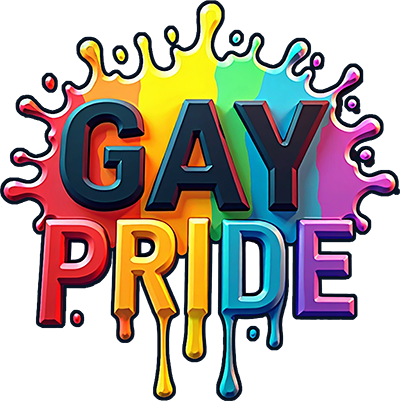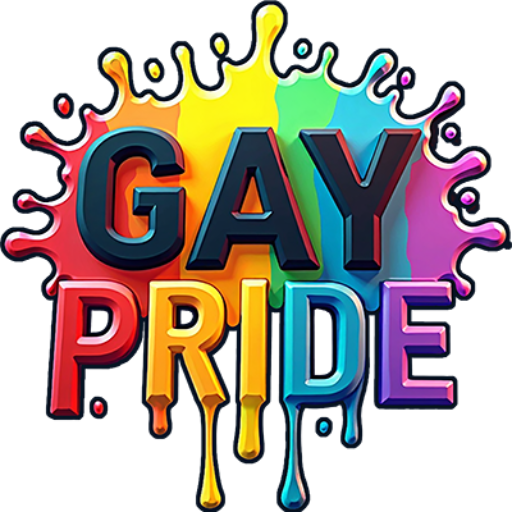LGBTQ Rights as Human Rights: A Deep Dive into Equality
Welcome to our comprehensive guide on understanding why LGBTQ rights are fundamentally human rights. In this post, we’ll explore the importance of recognizing and advocating for these rights, and how they intertwine with universal human dignity and freedom. 🌈
Table of Contents
1. Introduction
2. What Are Human Rights?
3. The Intersection of LGBTQ Rights and Human Rights
4. Global Progress and Challenges
5. The Role of Allies in the Fight for Equality
6. Conclusion
7. FAQ
Introduction
In recent years, the conversation around LGBTQ rights has gained significant momentum. Yet, these rights are not just about equality for a specific group—they are about ensuring that every human being is treated with dignity and respect. Let’s delve into why LGBTQ rights are, indeed, human rights.
What Are Human Rights?
Human rights are the basic rights and freedoms that belong to every person in the world, from birth until death. They apply regardless of where you are from, what you believe, or how you choose to live your life. These rights include the right to life and liberty, freedom of thought and expression, and equality before the law. 🌍
The Intersection of LGBTQ Rights and Human Rights
LGBTQ rights fit squarely within the framework of human rights. Here’s why:
1. Right to Equality: Everyone deserves to be treated equally, without discrimination based on sexual orientation or gender identity. This principle is enshrined in major human rights documents, such as the Universal Declaration of Human Rights.
2. Freedom from Discrimination: Discrimination against the LGBTQ community in areas such as employment, education, and housing violates basic human rights.
3. Right to Privacy: LGBTQ individuals have the right to privacy in their personal relationships and lives, just like everyone else.
4. Freedom of Expression: The right to express one’s identity and live authentically is a fundamental human right that should be protected and celebrated.
Global Progress and Challenges
There have been significant strides toward LGBTQ equality worldwide, but challenges remain:
Progress: Many countries have legalized same-sex marriage and implemented anti-discrimination laws. Pride parades and LGBTQ representation in media have increased visibility and awareness. 🎉
Challenges: Unfortunately, in some regions, LGBTQ individuals still face persecution and violence. Legal recognition varies widely, and cultural acceptance is often lagging behind legal reforms.
The Role of Allies in the Fight for Equality
Allies play a crucial role in advocating for LGBTQ rights. Here’s how you can help:
✅ Educate Yourself: Understanding the struggles and achievements of the LGBTQ community helps in advocating effectively.
✅ Speak Out: Use your voice to challenge discriminatory practices and support policies that promote equality.
✅ Support LGBTQ Organizations: Contribute time or resources to organizations working towards equality and justice.
✅ Listen and Amplify: Listen to LGBTQ voices and amplify their stories and experiences.
Conclusion
Recognizing LGBTQ rights as human rights is crucial in building a fair and inclusive world. By advocating for these rights, we not only support the LGBTQ community but also uphold the fundamental principles of human dignity and freedom for all. Let’s continue to push for equality, challenge discrimination, and celebrate diversity. 🌈
FAQ
1. Why are LGBTQ rights considered human rights?
LGBTQ rights are human rights because they ensure that all individuals are treated equally and with dignity, regardless of their sexual orientation or gender identity.
2. How can I support LGBTQ rights?
Support can be shown by educating yourself, speaking out against discrimination, supporting LGBTQ organizations, and listening to LGBTQ voices.
3. What progress has been made globally in LGBTQ rights?
Many countries have legalized same-sex marriage and enacted anti-discrimination laws, but progress is uneven globally, with challenges still prevalent in some regions.
4. Why is it important for allies to get involved?
Allies can help amplify LGBTQ voices, challenge discriminatory practices, and support policy changes that lead to equality and justice for all.
5. What are some challenges faced by the LGBTQ community today?
Challenges include legal recognition, cultural acceptance, and in some regions, persecution and violence against LGBTQ individuals.

